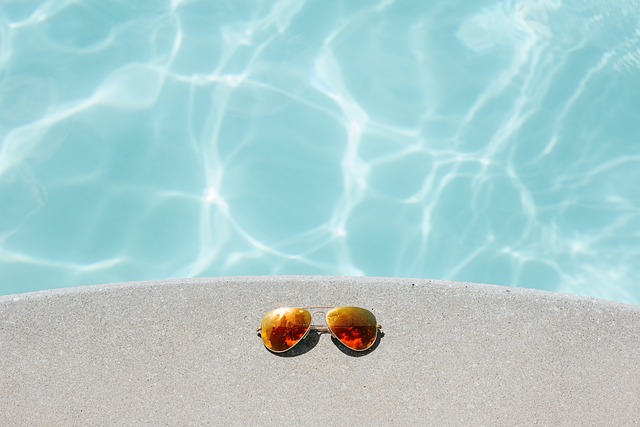In the world of cue sports, understanding the size of professional pool balls is essential for both players and enthusiasts. This article delves into the dimensions, weight, and standards that define these iconic spheres, ensuring you know what to expect on the table.
Understanding the Dimensions: Standard Sizes of Professional Pool Balls in Billiards and Snooker
In the world of billiards, snooker, and pool, the dimensions of the balls play a crucial role in gameplay. Professional pool balls generally have a diameter of 2.25 inches, which is standard across most games played on pool tables. This size allows for optimal interaction with the cue stick and other balls during play.
On the other hand, in snooker, the balls are smaller, with a diameter of 2.07 inches. The smaller size impacts not only the gameplay but also the skill required to pocket the balls, making snooker a game that emphasizes precision.
The weight of the balls also varies between these games. A standard pool ball typically weighs around 5.5 to 6 ounces, whereas a snooker ball weighs approximately 3.5 to 4 ounces. This variation in weight can influence how the balls react when struck, making it essential for players to understand the differences.
Additionally, the colors and markings of the balls differ significantly between the two games. Pool balls feature a combination of solid colors and stripes, while snooker balls include distinct colors—namely, red, yellow, green, brown, blue, pink, and black—each with its specific point value.
Understanding these standard sizes and specifications is vital for any player looking to excel in billiards, pool, or snooker, as they directly affect the dynamics of each game.
Understanding the Standard Sizes: Pool vs. Snooker Balls
The standard size for professional pool balls is typically 2.25 inches in diameter, while snooker balls are smaller at 2.06 inches. This difference in size greatly impacts gameplay and strategy. In pool, the larger balls create a different feel during shots, and the game often emphasizes powerful breaks and pocketing techniques. Conversely, snooker’s smaller balls require more precision and control, as players navigate a tighter playing area with more intricate shot placements. Understanding these sizes is essential for players transitioning between games to adapt their skills accordingly.
The Importance of Weight in Professional Pool Balls
Professional pool balls usually weigh around 5.5 to 6 ounces each. Weight influences how balls react upon contact, affecting both speed and spin. Lighter balls can travel faster and are more responsive to spins, while heavier balls may offer more stability during play. Players must consider ball weight when practicing or competing, as it can alter their shot power and accuracy. Moreover, tournament regulations may specify weight standards to ensure consistency, making it crucial for serious players to familiarize themselves with these parameters.
Material Composition and Its Impact on Performance
Most professional pool and snooker balls are made from phenolic resin, which is known for its durability and consistent performance. This material provides a smooth surface that enhances roll and reduces wear over time. The quality of the material significantly affects how well a ball responds to different types of shots, including spin and velocity. Understanding the composition of pool balls helps players make informed choices about their equipment, as the proper balls can enhance their overall gameplay experience. Additionally, variations in quality among brands can lead to significant differences in performance, highlighting the importance of choosing the right set for competitive play.
FAQ
What is the standard diameter of professional pool balls?
The standard diameter of professional pool balls is 2.25 inches (approximately 57.15 mm).
How does the size of professional pool balls compare to those used in snooker and billiards?
Professional pool balls typically have a diameter of 2.25 inches, while snooker balls are smaller at 2.06 inches. Billiard balls, used in straight rail games, also measure 2.25 inches. Thus, the main difference lies in the size of the snooker balls, which are notably smaller than those used in pool and billiards.
Are there different sizes of pool balls for various games or table types?
Yes, there are different sizes of pool balls for various games and table types. Standard pool balls usually measure 2.25 inches in diameter, while snooker balls are smaller at 2.06 inches. Additionally, some specialized tables may use larger or smaller balls, depending on the game being played.
In conclusion, understanding the size of professional pool balls is essential for both players and enthusiasts of the game. The standard diameter for these balls, whether in pool, billiard, or snooker, plays a crucial role in gameplay, affecting everything from shot precision to overall strategy. Adhering to these dimensions ensures uniformity and fairness across competitions, allowing players to perform at their best. As you continue to engage with these cue sports, remember that the right equipment—including the correct ball size—can significantly enhance your experience and skills on the table.






